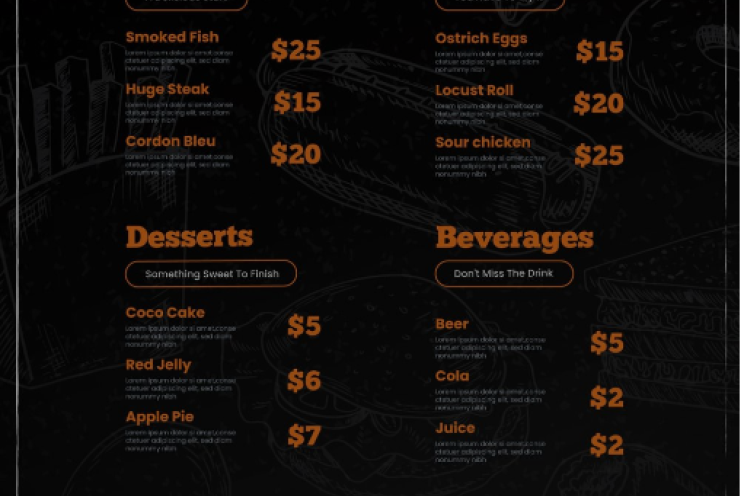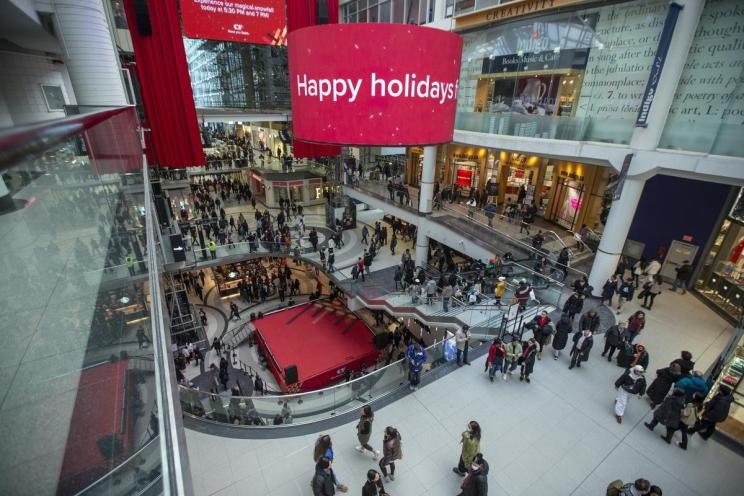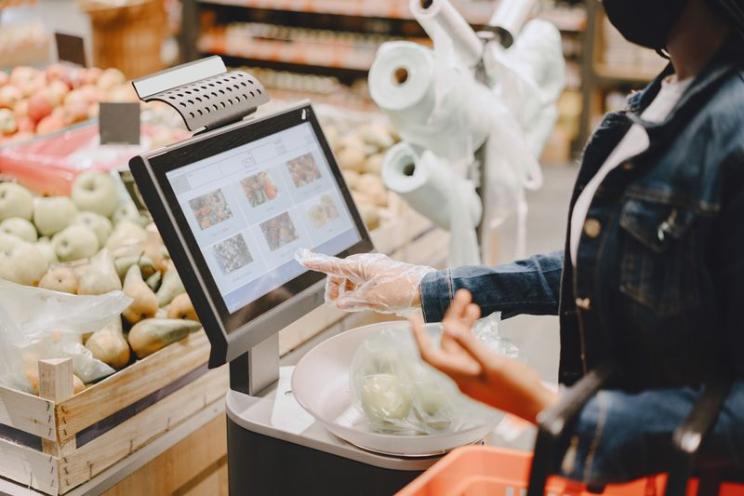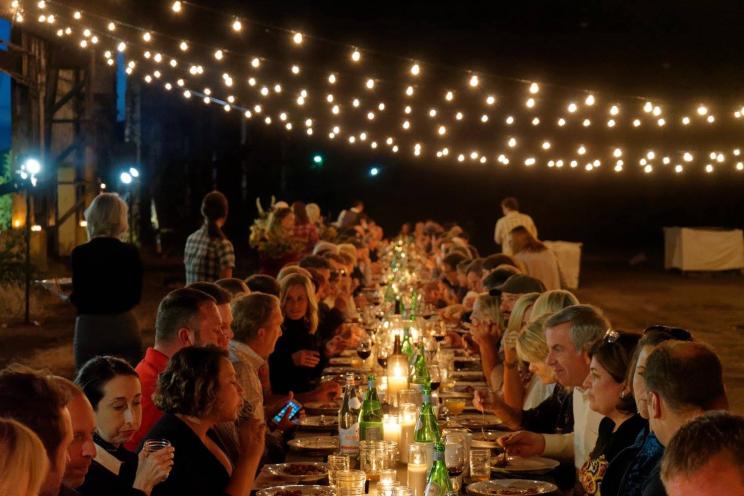
How to breakdown costs to enhance profitability?
Do you even need anyone to tell you that you need profits for the continuity of your business?
Easier said than done though!
Restaurateurs don’t even realize how hard it is to make and sustain profits until they start digging into costs, sales and revenues.
During inflation and rising costs of food you need to audit your costs even more to inspect areas of waste that need control.
Restaurateurs need to regularly perform cost breakdown to control your restaurant costs and put a clear menu pricing strategy.
What is a cost breakdown?
To breakdown costs means to clearly calculate all the costs associated with running and operating your business.
You have fixed costs and variable costs.
Your fixed costs are all the costs that aren’t related to sales and revenues.
Fixed costs are all the costs that aren’t related to sales and revenues.
Whether you are selling or not and regardless of your performance, you have to pay these fixed costs.
Examples of fixed costs:
- Lease and rental costs
- Insurance costs
- Salaried wages including benefits
Variable costs are the ones related to revenues and sales.
These costs are usually more controllable than fixed costs.
Food and beverage cost is the main variable cost (COGS) at your restaurant followed by hourly labor costs.
Benefits of costs breakdown
Restaurateurs should be aware of their main costs and know which areas are worth the costs and which ones need adjustments.
For healthy restaurant financials and operations, knowing your profits is essential.
The operation for the profit is simple : revenues - costs.
Increasing your profits means one of the two things.
Increasing your revenues or decreasing your costs.
Bear in mind though that increasing revenues lead to increasing variable costs.
That’s why performing cost breakdown detects price fluctuations and labor costs that are affecting your profit margin.
This breakdown also shows you how efficiently your ingredients are being used and it identifies areas of waste.
If labor costs were too high, it shows you that you need to look for employee retention options and training opportunities.
How to conduct restaurant cost breakdown ?
Let’s start with your prime costs that are attributed to the production of food and they include raw material or COGS and labor involved.
Prime costs make up around 60% of restaurant sales costs so you can see the importance of maintaining a closer look at these costs and trying to control them especially that they are responsible for total expense fluctuations.
The formula for calculating the COGS is :
Cost of Goods Sold = Beginning Inventory + Purchased Inventory - Ending Inventory.
Knowing this formula makes you realize the importance of tracking your inventory.
Your most efficient way to do it is to automate your inventory management as an integrated part of your POS software.
Calculating the labor cost :
- Wages
- Benefits
- Taxes
- Insurance
- Bonuses
- Sick days
- Training
When you decide to hire an employee you should take into consideration that the salary isn’t the only cost incurred. You need to know that the actual cost is around 1.25 to 1.4 times the salary.
Calculating prime cost
Now that you have both of your COGS and labor cost, you are ready to navigate through your prime cost.
Your prime cost per dish might be slightly insignificant but when you look at the whole menu, you’ll realize how it affects your profitability.
Therefore, you should go back to the prime cost of each dish to detect your uneccessary spending.
It also depends on your operations and whether you are a single restaurant or a national chain.
After you calculate your prime cost you should figure out how much they make up out of your total sales.
Prime cost percentage of sales = prime cost / total sales.
Drilling into prime cost and of course labor cost and cost of goods sold enables you to dig into details of individual ingredient costs. You might change your supplier, you might switch your ingredients or create a new cost effective menu.
Same thing goes for labor cost, you might alter shifts or incoroporate training as an integral part of your hiring process. Losing employees is acceptable especially in the restaurant sector but to a certain extent.
If you see that the employee turnover percentage is higher than it should be, then it’s time to reconsider your staffing process.
Zooming into your different costs especially the variable ones is crucial to maintain your profits and sustain your business.
For this purpose, you need to invest in a reliable POS software that breakdowns your costs and shows you your profitability like BIM POS.





